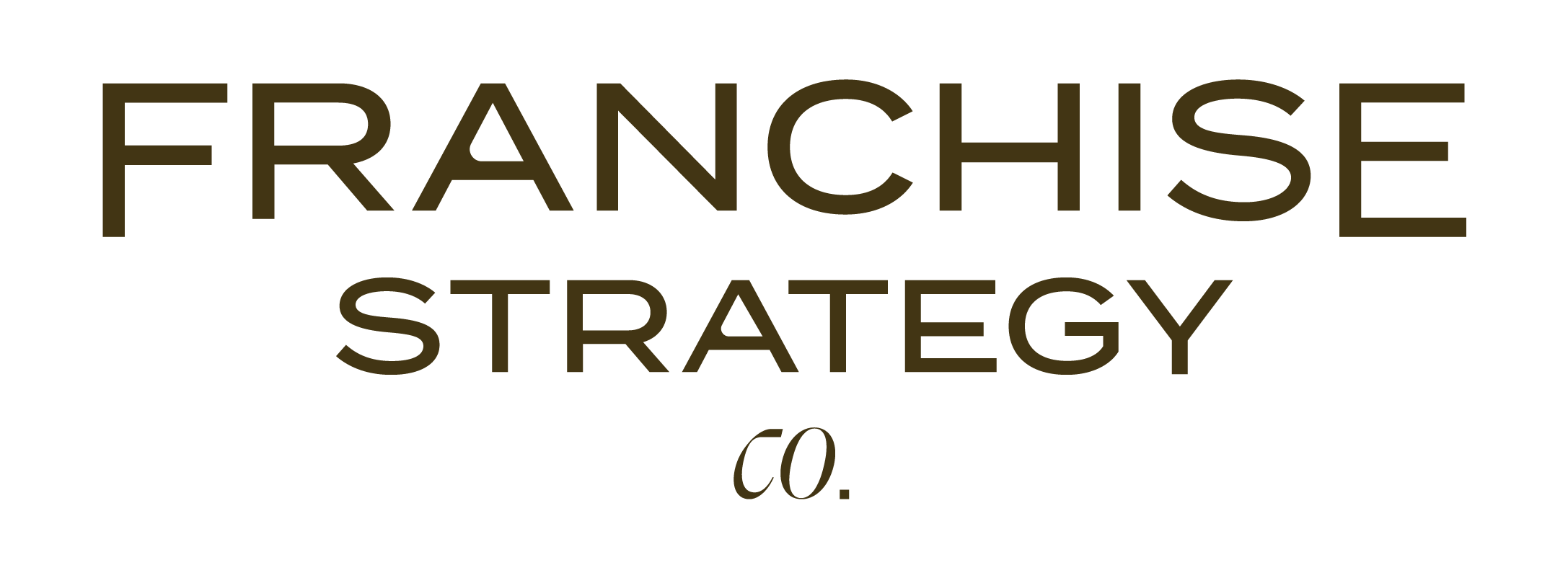
A strategy consultant is a professional who works for a consulting firm or operates independently to provide strategic guidance and advice to organizations. The primary goal of a strategy consultant is to help businesses and other entities improve their overall performance, competitiveness, and long-term success through well-informed strategic decisions.
The role of a strategy consultant involves analyzing an organization’s current situation, market trends, competitive landscape, and internal capabilities. Based on this analysis, they develop recommendations and plans to achieve the organization’s objectives. Strategy consultants often work closely with top-level executives and stakeholders to align their recommendations with the organization’s goals and vision.
Key responsibilities of a strategy consultant may include:
- Analysis: Conducting thorough research and analysis of the organization’s industry, market, competitors, and internal operations to identify opportunities, challenges, and areas for improvement.
- Strategic Planning: Developing comprehensive strategic plans that outline the organization’s goals, priorities, initiatives, and allocation of resources. These plans often include long-term and short-term objectives.
- Recommendations: Providing actionable recommendations to address specific challenges or opportunities, such as entering new markets, launching new products, optimizing operations, or improving efficiency.
- Change Management: Assisting organizations in implementing strategic changes by developing change management strategies and plans, as well as providing support throughout the implementation process.
- Performance Measurement: Defining key performance indicators (KPIs) and metrics to track the progress and success of the implemented strategies. Regularly assessing performance against these benchmarks and making adjustments as needed.
- Stakeholder Engagement: Collaborating with various stakeholders, including executives, managers, employees, and external partners, to ensure alignment and support for the proposed strategies.
- Risk Assessment: Identifying potential risks associated with the proposed strategies and developing mitigation plans to minimize negative impacts.
- Industry Expertise: Staying updated on industry trends, best practices, and emerging technologies to provide clients with relevant and innovative strategies.
- Communication: Presenting findings, recommendations, and strategic plans to clients in a clear and persuasive manner, often through presentations, reports, and meetings.
- Advisory Role: Serving as a trusted advisor to senior leadership, offering insights and perspectives that can shape the organization’s direction.
Strategy consultants can work in a wide range of industries and sectors, such as management consulting firms, financial services, healthcare, technology, and more. They may also specialize in specific areas, such as digital transformation, mergers and acquisitions, operational efficiency, or sustainability.
It’s important to note that the role of a strategy consultant can vary depending on the specific consulting firm, client needs, and industry context.
Types of strategy consulting?
Strategy consulting encompasses various specialized areas, each focusing on different aspects of an organization’s strategy, operations, and growth. Here are some common types of strategy consulting:
- Corporate Strategy: Corporate strategy consultants work with senior executives to define an organization’s overall direction and long-term goals. They assess the company’s portfolio of businesses, identify growth opportunities, and make decisions about entering or exiting markets, mergers and acquisitions, and diversification strategies.
- Business Unit Strategy: Business unit strategy consultants focus on specific business divisions or units within a larger organization. They develop strategies to enhance the performance of these units, optimize their operations, and drive growth within their respective markets.
- Market Entry Strategy: Market entry consultants assist organizations in entering new markets, both domestically and internationally. They analyze market conditions, competitive landscape, regulatory challenges, and consumer behavior to recommend the best entry approach and strategies.
- Marketing and Brand Strategy: Consultants specializing in marketing and brand strategy help organizations define their target audience, develop effective marketing campaigns, and build strong brand identities. They create strategies to enhance brand recognition, customer engagement, and market positioning.
- Digital Transformation: Digital transformation consultants help organizations leverage technology and digital tools to improve their operations, customer experiences, and overall competitiveness. They develop strategies to integrate digital solutions, streamline processes, and innovate within the digital landscape.
- Operational Strategy: Operational strategy consultants focus on optimizing an organization’s internal processes and workflows to enhance efficiency and reduce costs. They analyze existing operations, identify bottlenecks, and recommend strategies for process improvement and operational excellence.
- Financial Strategy: Financial strategy consultants work with organizations to optimize their financial management practices. They develop strategies for capital allocation, risk management, funding options, and financial growth.
Niche Strategists
- Sustainability and CSR Strategy: Consultants in this area help organizations develop strategies that align with sustainability goals and corporate social responsibility (CSR) initiatives. They assess environmental and social impacts, develop sustainable business practices, and enhance reputation through responsible strategies.
- Turnaround and Restructuring: Turnaround consultants work with struggling organizations to devise strategies that address financial distress, operational inefficiencies, and declining performance. They help stabilize the organization, implement cost-cutting measures, and develop plans for recovery.
- Innovation Strategy: Innovation consultants work with organizations to foster a culture of innovation, develop new products or services, and stay ahead of market trends. They help companies identify emerging opportunities, implement new ideas, and create a framework for continuous innovation.
- Sales and Distribution Strategy: These consultants focus on optimizing a company’s sales and distribution channels. They analyze market trends, customer behavior, and competitive landscape to recommend strategies for reaching target customers and maximizing sales.
- Mergers and Acquisitions (M&A) Strategy: M&A consultants assist organizations in making strategic decisions related to mergers, acquisitions, and divestitures. They analyze potential targets, assess synergies, and develop integration strategies to ensure successful transactions.
- Cost Optimization Strategy: Consultants in this area focus on identifying cost-saving opportunities within an organization. They analyze expenses, operations, and supply chains to recommend strategies for reducing costs while maintaining quality.
These are just a few examples of the many types of strategy consulting. Depending on your organization’s specific needs, you may seek consultants who specialize in one or more of these areas. It’s important to choose consultants with expertise aligned with your goals to ensure the best possible outcomes.
How do I hire a strategy consultant?
Hiring a strategy consultant involves several steps to ensure you find the right professional or consulting firm that aligns with your organization’s needs and goals. Here’s a step-by-step guide to help you hire a strategy consultant:
- Define Your Objectives: Clearly articulate the reasons for seeking a strategy consultant. Identify the specific challenges, opportunities, or goals you want the consultant to address. This will help you communicate your requirements to potential consultants.
- Research: Research consulting firms and individual consultants that specialize in your industry or the specific area of strategy you need assistance with. Look for firms with a strong track record of delivering successful results.
- Check Credentials: Verify the qualifications and expertise of the consultants or firms you’re considering. Look for relevant education, certifications, and experience in strategic planning and consulting.
- Evaluate Fit: Schedule initial meetings or interviews with potential consultants to assess their compatibility with your organization’s culture, values, and objectives. Discuss your goals and challenges to gauge their understanding and alignment.
- Evaluate Communication: Effective communication is crucial in a consulting relationship. Assess how well the consultant communicates complex concepts and ideas. This is important for conveying insights and recommendations to your team.
Getting Alignment
- Discuss Pricing: Review the pricing structure outlined in the proposals. Ensure that you understand how the consultant’s fees are calculated and whether they are aligned with your budget.
- Clarify Deliverables: Clearly define the expected deliverables, milestones, and outcomes in the consulting agreement. This will help manage expectations and ensure that both parties are on the same page.
- Sign an Agreement: Once you’ve selected a consultant, sign a formal consulting agreement that outlines the terms and conditions of the engagement, including scope of work, payment terms, confidentiality, and any other relevant details.
- Kick-off and Collaboration: Begin the consulting engagement with a kick-off meeting to align on the project’s goals and expectations. Maintain open communication throughout the project and collaborate closely with the consultant.
- Monitor Progress: Regularly review the consultant’s progress against the agreed-upon milestones and objectives. Provide feedback and address any concerns as they arise.
- Evaluate Results: At the end of the engagement, assess the results achieved against the initial objectives. Measure the impact of the consultant’s recommendations on your organization’s performance.
Hiring a strategy consultant is a significant decision that can have a substantial impact on your organization’s success. Take your time to research, evaluate, and choose a consultant who not only has the right expertise but also fits well with your organizational culture and goals.


